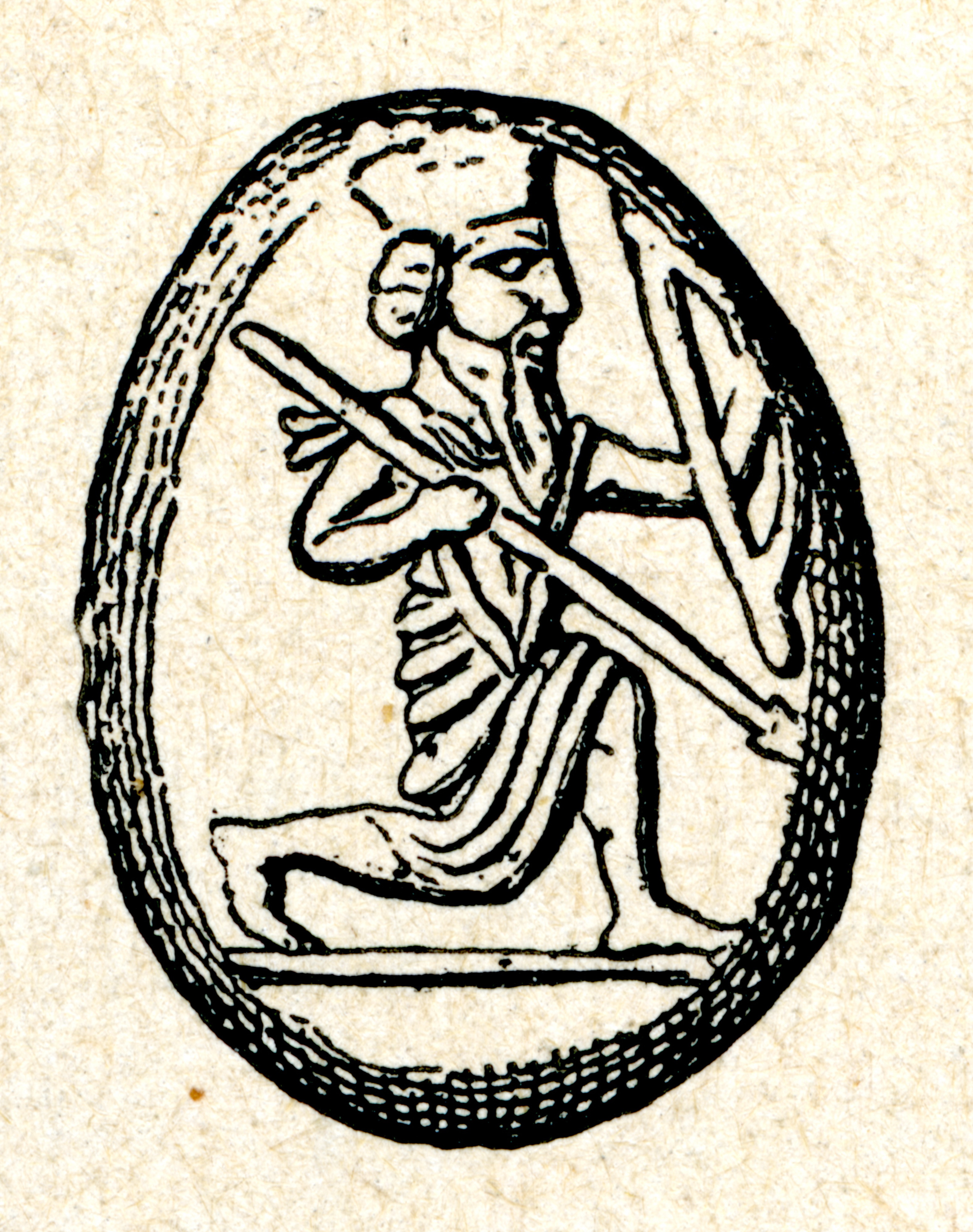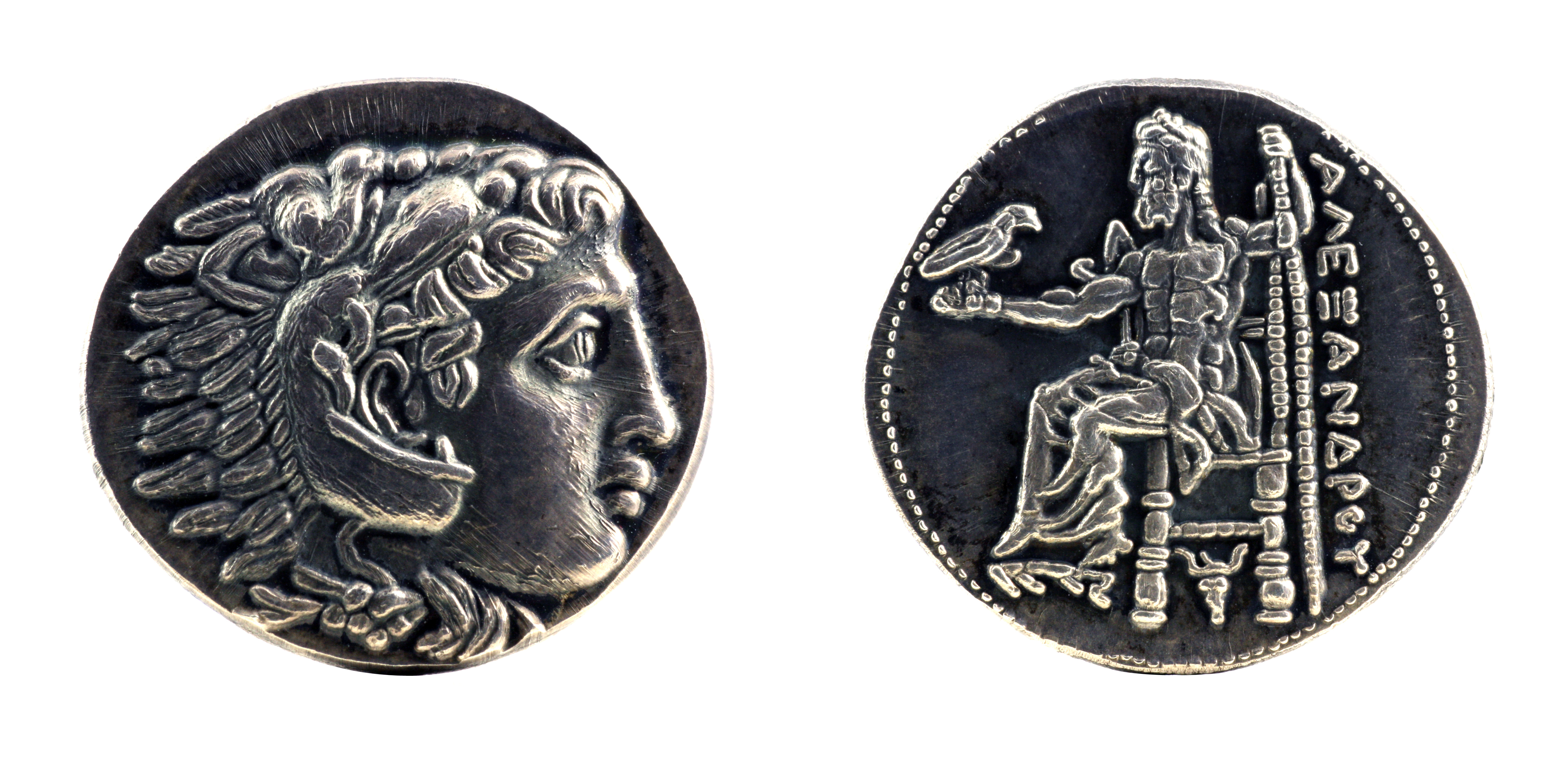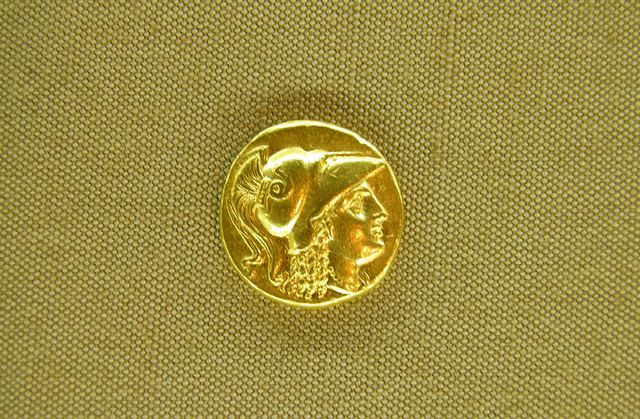Some background on brutality of ancient wars before diving into Viking history – 1 of 2

I’m going to take a look at finances of the Viking era, similar to what I’ve done on legionnaires during the Roman Empire and the plunder gathered by Alexander the Great. There isn’t a lot of information available, but I’ll look at some I was able to find.
The Viking era has recently captured my interest, leading me to read a fair amount on the history of the times.
This is the first time I have dived deep into the adventures of the Norwegians, Danes, and Swedes back then.
My paternal grandfather and grandmother both emigrated from Norway, settling in South Dakota before meeting each other, marrying, and starting a large family.
So it is appropriate to dive into my ancient legacy, later in life though it may be than for most of my cousins.
Why a series of posts on finance in the Viking world? Because I want to.
One of the things I learned early on in blogging is that a person should write on what is of interest. An audience will develop or not, but cannot be predicted. Thus, a blogger should write on what is of interest.
Why post this discussion on this blog? Because this is where I write of accounting issues and it is a short jump into financial issues such banking in general because I am interested in banking and finance. From there is a very short trip to the wide, ever expanding world of banking fiascos. From there, it is possible to jump back a couple of millenniums to ancient finances of Rome and Alexander. From Rome it is merely a few centuries forward to the Vikings. All of that fits within a blog on accounting.
Before I get started
One of the aspects of the Viking era that jumps out is the violence and the widespread plundering.
Several accounts I’ve read say that capturing slaves on raids and selling them into the Arab worlds was more lucrative that making off with all the gold and silver you can find and the loot you can carry.
The ancient world was astoundingly violent.
I’d like to offer two of many possible illustrations.
Roman destruction of Jerusalem
In 70 A.D. the Roman Empire laid siege to Jerusalem, sacked it, and destroyed the entire city, killing essentially everyone crowded behind the city wall at the time. The euphemism is that apart from one wall and one tower, there was not so much as one stone left on top of another anywhere in the city.
The wall and tower were left so that for centuries to come, everyone can see this is what will be left if you go too far in irritating Rome.
Remember forever: Rome did this.
Don’t. Mess. With. Rome.
…
Some background on brutality of ancient wars before diving into Viking history – 1 of 2Read More »
Some background on brutality of ancient wars before diving into Viking history – 1 of 2 Read More »






